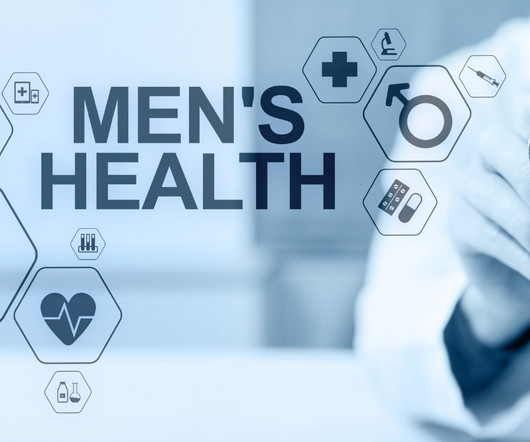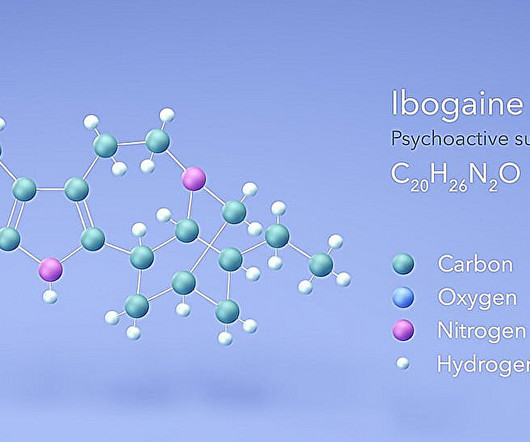Men’s Health Checklist: Essential Screenings to Prevent Serious Illness
Dr. Michael Bazel
APRIL 29, 2025
When it comes to taking care of your health, proactive choices today can prevent serious problems tomorrow. For too many men, however, routine checkups and health screenings tend to fall by the wayside — often until symptoms become unavoidable. Regular screenings help identify risk factors early, long before symptoms appear.













Let's personalize your content